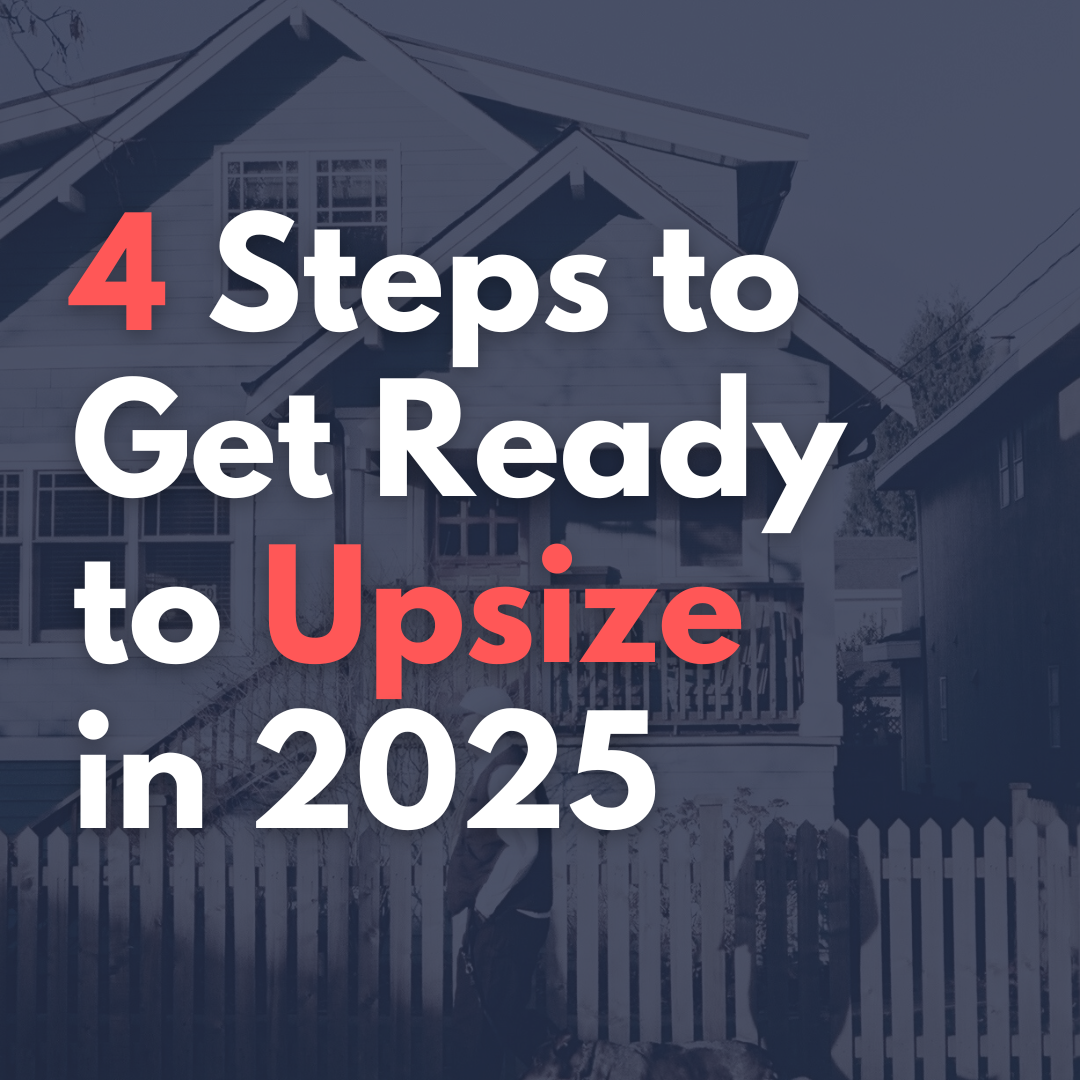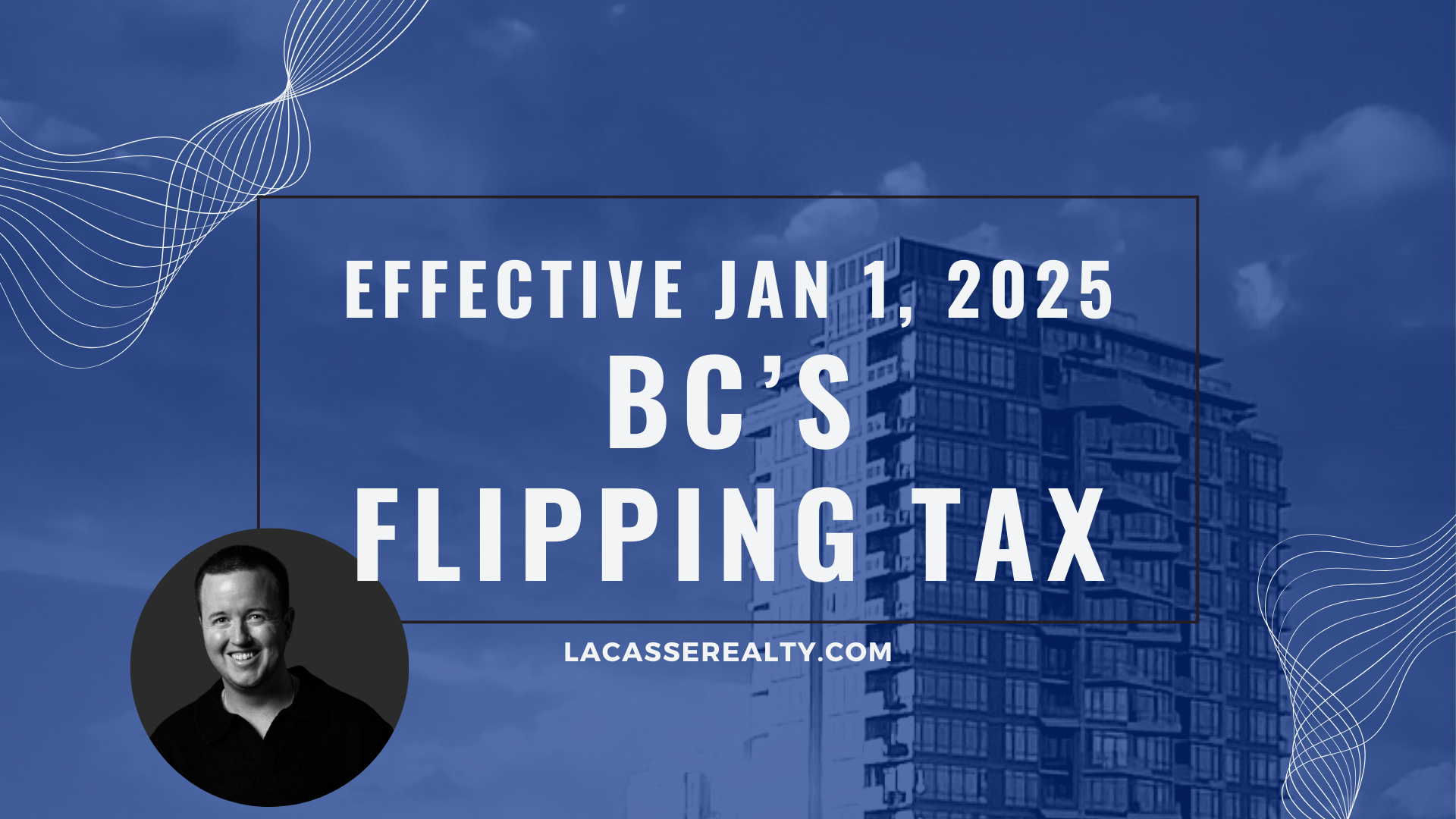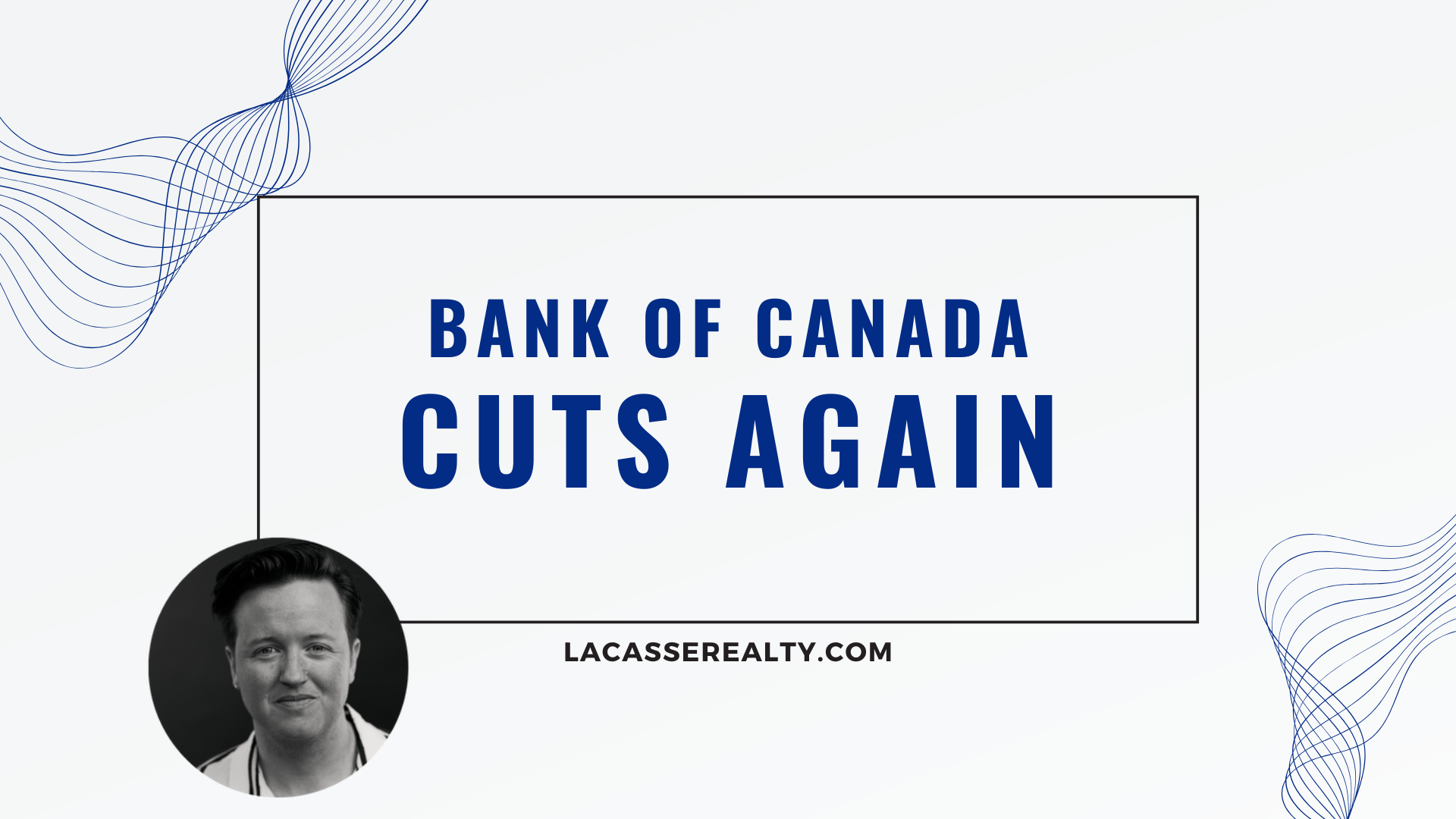Posted on
November 4, 2025
by
Kade Lacasse
(Even Though They Can Be Some of the Easiest Money a Realtor can Make)
I got a call yesterday from a client I’ve stayed in touch with over the last 4 years. She mentioned she’d seen a new presale project that caught her eye and she had almost went ahead and purchased. Thankfully she hadn’t pulled the trigger on the sale as I brought up quite a few issues in our conversation that she had yet to consider.
Most people love the idea of presales: brand-new home, modern finishes, move-in ready with no surprises. Realtors tend to like them as well because we know that once a client is interested in the shiny new building and the idea of this purchase; they are usually quite set. Many buyers won’t even compare prices with the current market let alone other comparable future builds.
To a consumer it feels like you are buying a condo in Vancouver at today’s prices and by the time you move-in, you’ll already have racked up 4 years worth of equity. Honestly I can’t blame the average consumer, presales sound great on paper and I think we’ve all heard flipping success stories of the 2010 Boom. But that is not the case today.
Now, I will don’t tell my clients NOT to buy products but I will provide all of the information and experience I have with that it and I think there are major misconceptions around buying presales in Vancouver. And I did just that after assessing why presale was what initially got her back into the market.
Because as a realtor, I’ve helped a lot of people buy presales, and while they’re the easiest deals for me to handle, I’ve also seen how risky they can be.
Let me share an example from this year. Not my client and this is broad as I can not provide full details but it is a valuable case. In 2021, a buyer a purchased presale condo for $920,000 with a $200,000 deposit. At the time, interest rates were low, and his income easily qualified him for that mortgage. Fast-forward to 2025 the building is finally completing. Rates have doubled, the math no longer works, and the lender appraised the unit at $850,000, not $920,000. Even if he could close on the unit, he would need to make up the difference between max mortgage amount and appraisal. Unless he can assign, he can not complete and will lose his $200,000 deposit plus he could still be taken to court by the developer for the $70,000 difference between what he agreed to pay and what the home is worth now.
This kind of situation is rare, but it’s not impossible. My inbox has seen the most desperate assignment offers this year, no question.
To clarify; when I speak of presales in this blog I mean buying a home before the ground has even broken. I have much less issues with new homes that have yet to be complete but are ~75% finished.
The resale market consists of homes that have been previously lived in.
So when people tell me they’re considering a presale, these are the main things I bring up but if you’ve got all day, I could keep going;
1. Your financial situation could change before completion
You might switch jobs, take parental leave, or have income that looks different three years from now. You’re essentially committing to a future version of yourself and your finances that might not exist yet.
2. You don’t really know what you’re buying
Even clients of mine that buy resale and are in the home 2 or 3 times before purchasing and have the opportunity to do an inspection will find things out about their home that surprise them. Imagine never setting foot into your home and being disappointed after paying a premium.
You can visit the show home, but you won’t know:
How much natural light your unit will actually get
Whether it’s quiet or loud
How the space feels once you’re actually inside
Quality of the build, you can’t fix that with a 2-5-10 year warranty
Presales are the ultimate “trust me, bro” purchase.
3. Developers have flexibility written into their contracts
The disclosure statement gives developers a surprising amount of wiggle room. They’re often allowed a 5–10% buffer on things like unit size, layout, or amenities without needing buyer approval. That means your 750 sqft plan could quietly turn into 710, or a promised rooftop lounge might become a smaller indoor amenity space.
They can also adjust strata fees, finishes, or completion timelines all within that buffer. Your life may be flexible now but what happens in 2028 when your new home that was supposed to be ready in May is pushed to July then November. Most buyers don’t realize how much can shift between the time they sign and the time they move in.
They could also cancel the project if the math no longer works. Look at the Ardea project by Wesgroup in The River District stating the current project was no longer feasible. They were well within their contracted rights thanks to the disclosure statement and purchase contract which heavily favours the seller. Buyers had their deposits returned which could be a major blow had the market took off again but thankfully for the buyers; the market had actually shifted lower since they were under contract.
4. Reselling a presale (assigning) before completion isn’t as easy as it used to be
There was a time when you could buy a presale, assign it before completion, and make a profit. But developers now price in expected appreciation, assignment rules are stricter and assignment fees heavier.
5. The strata risk
When you buy resale, you can review strata documents; budgets, minutes, bylaws and even get a feel for how the building is managed. With a presale, you’re buying into the idea of a strata. You have no idea who your neighbours will be. The developer may even still own a chunk of units and control votes at meetings.
So what’s the alternative?
In today’s market, where sellers are motivated, resale properties offer more transparency and flexibility.
You can see what you’re buying, negotiate on price, and move in now not in three years, hoping everything goes according to plan.
And that doesn’t mean you need to buy a 30-year-old property. There are plenty of homes under ten years old that have had time to “settle”…literally. There are also brand-new 2025 builds still available, where you can request a full inspection during the seven-day rescission period.
Ten-year-old strata buildings will have already gone through their 2,5, and 10-year warranty reviews, which a buyer can fully access during the subject removal period.
Presales may still make sense for some people especially if you’re very secure financially, buy from a reputable builder, new is a priority or if you’re buying a product that doesn’t yet exist in the resale market. But for most buyers right now, resale offers better value, less risk, and fewer unknowns.
If you decide a Presale purchase is the best for your situation, you should use a Realtor to represent you on your sale. The sales agent at the presale centre is representing the seller (developer) not you and there is no harm to your purchase to bring in your own representation. Why? Well a good agent will not just be thinking about how to protect you in your purchase but also; what happens if you need to assign it or how easy it will be to market and show the property in 10 years.
Thinking about buying a presale or a resale? Let’s chat I can help you weigh the risks and opportunities to make the right choice for you.
Book a 15 minute call here
Kadelacasse@gmail.com
604-401-9199







